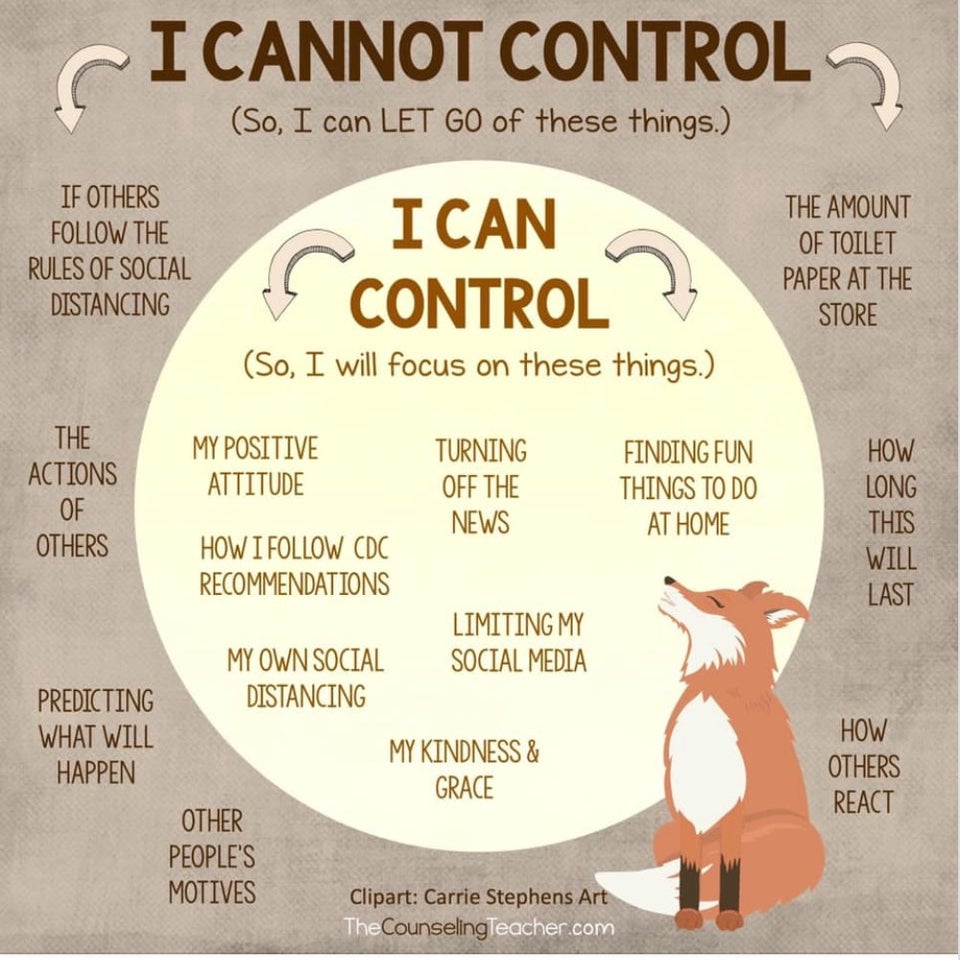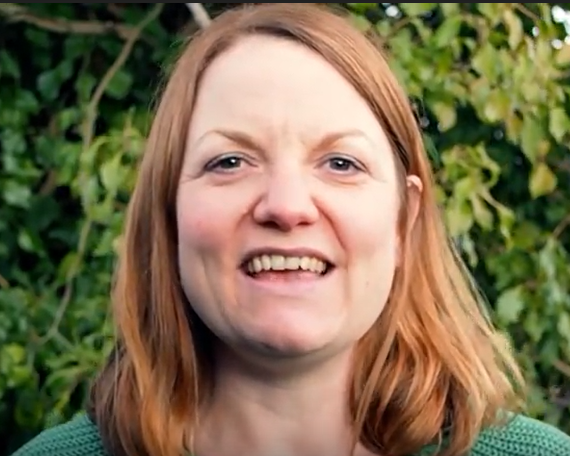FAQs for working with bluegreen Coaching. Sheela Hobden

Stagnant Growth: How we might be pickling ourselves into limited mobility?
The slower you go, the faster you grow. In our fear of “getting it wrong” or “not being any good”, we “pickle” ourselves into remaining the same. Let us look at how to slow down to allow the experiments for growth.

The Ultimate Guide To Unlocking The Knowing-Doing Gap
How is that gap between knowledge and action so wide? The short answer, I believe, is that the river of doubt runs deep, and fast! There are several reasons that prevent the crossing.

REST – the secret superpower of the re-charge
Rest is a secret superpower. Read on for five super easy tips to get more down time during the day.

Choice – are you really in control?
“I am choosing to open my eyes whilst I talk to you”. How much appreciation do you have for the choices we make in every moment of the day? We explore how this benefits us here.

Can Wellness really be boosted through thinking? Coaching suggests YES it CAN!
Does coaching really have the power to boost your well-being? Early findings suggest this is the case. The different elements are explored here.

How coaching improves your activity levels
Coaching has some unexpected benefits, one of which is increased levels of activity. How could you benefit from this? We help you explore.

How coaching improves setting your boundaries
Learn more on how coaching impacts our ability to set boundaries and how it becomes easier through the process, bringing benefits to work and life.

How coaching can improve your sleep
Exploration of how coaching has the potential to improve sleep, based on the processing of challenges in waking hours, rather than “churning” it overnight.

How coaching brings a sense of control
What do we mean by “a sense of control”?
A definition from the Human Givens Institute is “having volition to make responsible choices” and thus thelevel of control you feel you have over your life.
What is important about having a sense of control? The original research on control was Rotters Locus of Control. This identified two types of control we have, as humans, internal, and external, one of which brings a more resilient approach, thus impacting our well-being.
Rotters work showed that where people had an internal locus of control, they had a better sense of well-being, due to being more resilient. The reason for this, is that, with an internal locus of control, people believe they have more control over their lives than those with an external locus. That is, people with an internal locus believe they have choices, options, and can choose how they respond to situations, even if they can’t “control” them.
With an external locus of control, people believe external events cannot be changed, and they don’t believe there is anything they can do about things that are “out of their control”).
The very best (in my opinion) view on this however is from Viktor Frankl. As a psychiatrist (and also a prisoner) in the concentration camps, he worked with other prisoners and compiled his observations. In this book Mans Search for Meaning, he shares what he learnt during this time. There were key aspects about what determined peoples likelihood of survival, and one insight was how people approached this sense of control. Where they felt they could choose how they responded to their situation, they were more likely to survive. The following quote sums it up.
“Between stimulus and response there is a space. In that space is our power to choose our response. In our response lies our growth and our freedom”
Viktor Frankl, Austrian Psychiatrist and Holocaust survivor
How does coaching help this?
One of the core components of coaching is that it is “client-led”.
Lets say you are engaging in a coaching partnership. At the start of the process, we figure out what YOUR aims are, each session is directed by you, and even within session, we might change direction, but YOU will be the one leading, so that you get to work through what is on your agenda.
Practicing this supports our human need for being responsible to make our own choices, AND supports one of the other wellness components – boundaries, because it helps you practice being clear about what you want.
Added to that, giving ourselves time and space to think about our challenges, gives us that pause mentioned by Viktor Frankl, and in turn we build capacity to respond rather than react, and start to recognise and build our own resources.
Client quotes:
“I have begun to change my internal narrative about how I perceive myself and what I can achieve“
“I am the driver of my own life. I need to take responsibility of driving my life“
bluegreen Coaching Client Reviews
Want to start helping yourself? Here are some coaching questions to reflect on?
- Make a list of all the things you CAN control, and those that you CAN’T. Review your list and reflect on how you are choosing to respond to the things you can’t control.
- What choices are you making right now in life and work? Note also not doing something is a choice too! [Explore choices from differing perspectives too e.g. Emotional, Physical, Subconscious…]
- How might you use the word could, instead of should, to help you feel in control? [check out this article for more]
Another article to review might be “How to get out of feeling stuck?“.
This article is also part of a series on how coaching benefits well-being. Others are coming, and the first in the series is “How coaching helps build a positive mindset“.
Image Box Title
Change this description

Keyboard image thanks to Charles Deluvio on Unsplash

Sheela Hobden is a Coach at bluegreen Coaching. Following her own mental health battles, she now coaches individuals, runs training sessions and speaks at conferences. She has a real passion for helping medics and healthcare professionals take as much care of themselves as they do their patients in whatever life or career conundrums they face! She is also a Mentor Coach and Coach Supervisor. She has a PGCERT in Business and Personal Coaching, holds PCC member status with the ICF and is CIPD qualified. She challenges herself with ultra distance running and Ironman. Find her at www.bluegreencoaching.com or swimming in the sea, in Poole, Dorset
Get more ideas and tips by joining her newsletter tribe – sign up below!
Better still, book in to speak with her directly?
